General
Ikeja Electric Explains How to Get Prepaid Metres via MAP
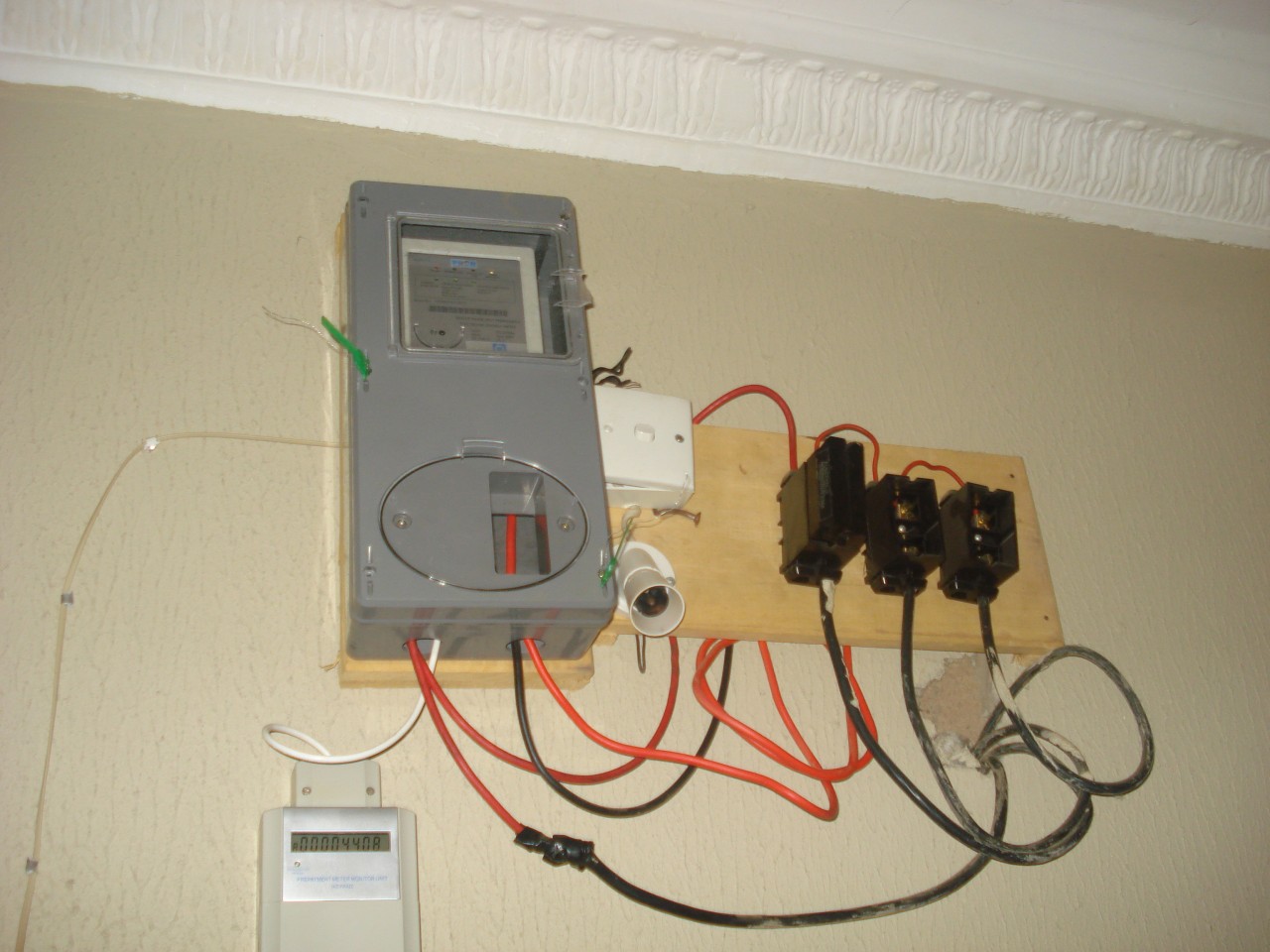
By Modupe Gbadeyanka
As part of efforts to close the metering gap in the country, the federal government, through the Nigerian Electricity Regulatory Commission (NERC), came up with the Meter Asset Providers (MAPs).
This platform gives third-party companies licenced by the government to provide metres to customers of electricity in the country, and the scheme has since commenced on May 1, 2019.
One of the leading electricity distribution firms, Ikeja Electric, embraced the MAPs so as to serve its customers better and more efficiently.
The company, in its efforts to make the process of obtaining a prepaid metre hassle-free for its customers, has explained in simple terms how to go about it.
In its Frequently Ask Questions (FAQs) sector of its website, Ikeja Electric said, “In line with NERC regulations, customers are expected to pay for meters. The payment for the meter by the customer can either be upfront or in instalments.”
It further noted that a single-phase prepaid metre costs N38,850 and a three-phase meter costs N70,350. These are all inclusive of VAT.”
Ikeja Electric explained that, “Customers who cannot afford to pay for their meters upfront can pay in instalments. The instalment payment is by regulation referred to as the Monthly Metering Service Charge (MSC) and will continue until full amortization of the meter asset cost, as agreed with the MAPs.”
It stated that, “A meter is for one customer account only. However, customers with more than one account can have multiple meters.
Ikeja Electric also said for customers who made upfront payments for acquiring the metres, the meters will be provided and installed within 10 working days of the payment, and for payments in instalments, customers will be metered in line with the MAPs installation schedule.
It further said after installation, the meter would be processed for setup and activation within two days, and customers will be able to vend for energy using any of the IE payment channels.
On if customers will have to pay any additional charges for meter requests, Ikeja Electric simply said, “No. The total amount payable is as stated for single and three-phase meters, respectively. However, where a customer location does not have the right service wiring, customers will be advised to purchase one. This can be obtained from any licensed electricity vendor.”
On how customers can pay for the MAP Meters, the firm said, “All payments for meters should be made into the authorised bank account to be advised by the MAP. No customer should pay cash for meters to any individual.”
Commenting on how to obtain the prepaid metres, Ikeja Electric advised customers to complete or update their details by visiting http://map.ikejaelectric.com/. It also said customers could send an email to CustomerCare@ikeJaelectric.com or call on any of 01-448-3900, 01-700-0250 and 0700-022-5543 for further information.
On if a customer decides not to get a meter, the company stressed that, “The regulation stipulates that all unmetered customers must be metered under the MAP scheme. Customers who refuse meters will be denied service by the distribution company,” adding that all meters will be procured and installed via MAPs.
Speaking on customers having unsettled post-paid bill before applying for a meter, the electricity firm advised that the bill be cleared by taking advantage of the various repayment options available during the KYC process.
“Outstanding balance can also be rolled over into the customer’s prepaid account and paid in instalments in line with IE’s instalment plans,” it said.
Answering question as to whether the Meter Service Charge (MSC) is the same as the Suspended Fixed Charge, the company said, “MSC is not the same as the Suspended Fixed Charge (CFC), noting that the MSC is the monthly repayment of the cost of the meter over a period of time.
On the event of customer’s relocation to another apartment after paying for the meters, Ikeja Electric said if the relocation is within its franchise area, the customer is expected to notify the DisCo and once notified, the company will transfer the service to the new location including the credit on the customer’s account.
“Customers are not allowed to remove their meters from their locations,” Ikeja Electric emphasised.
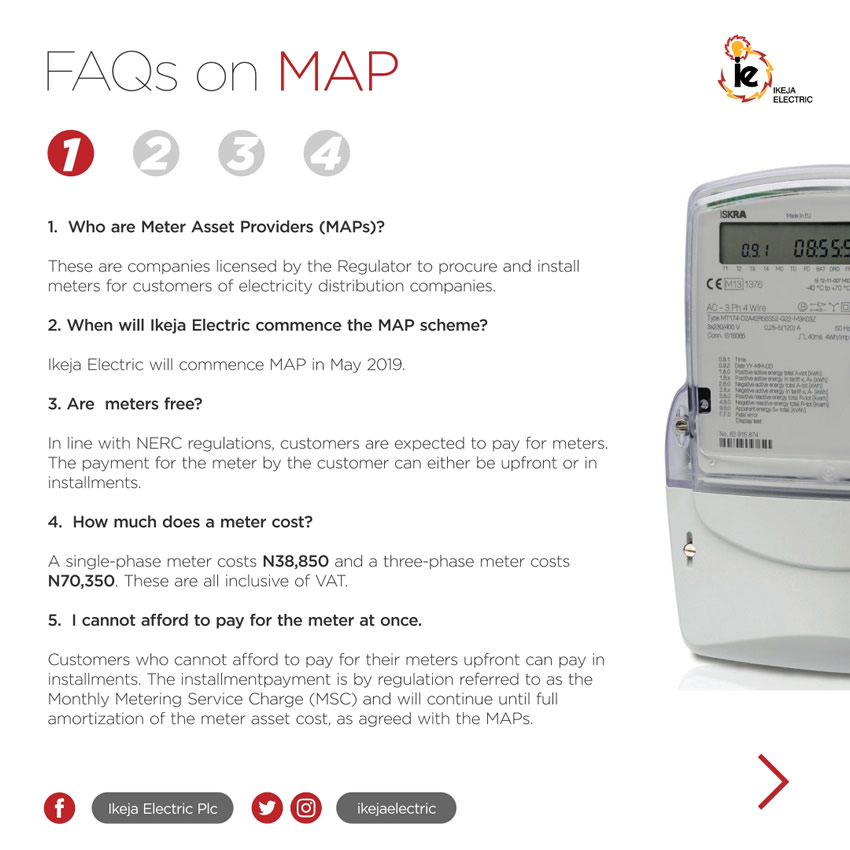
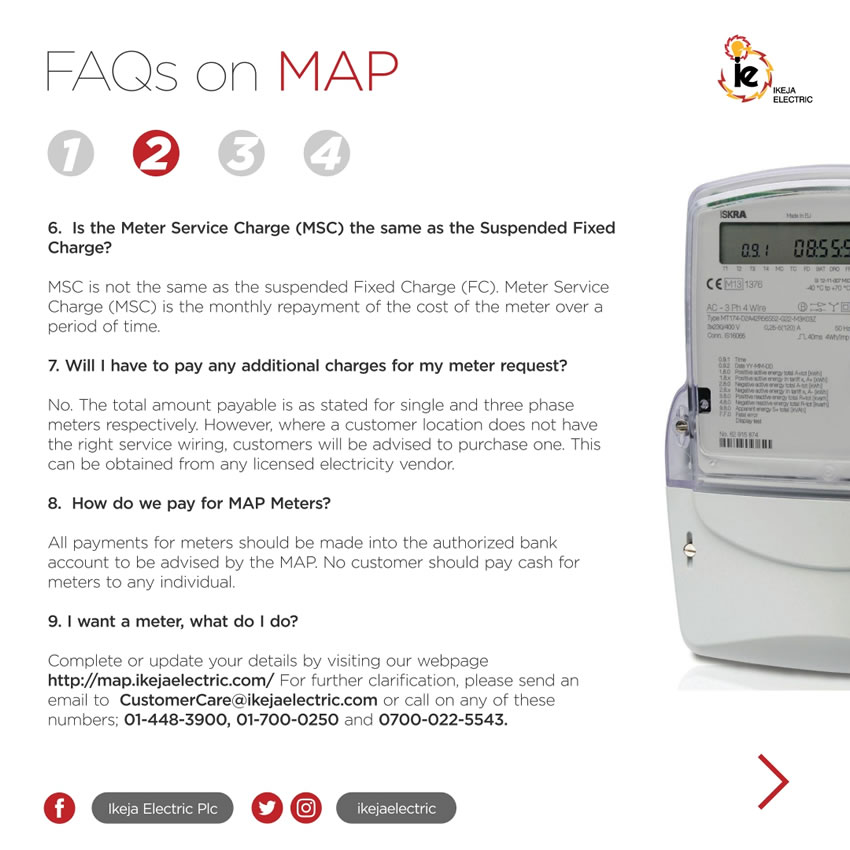
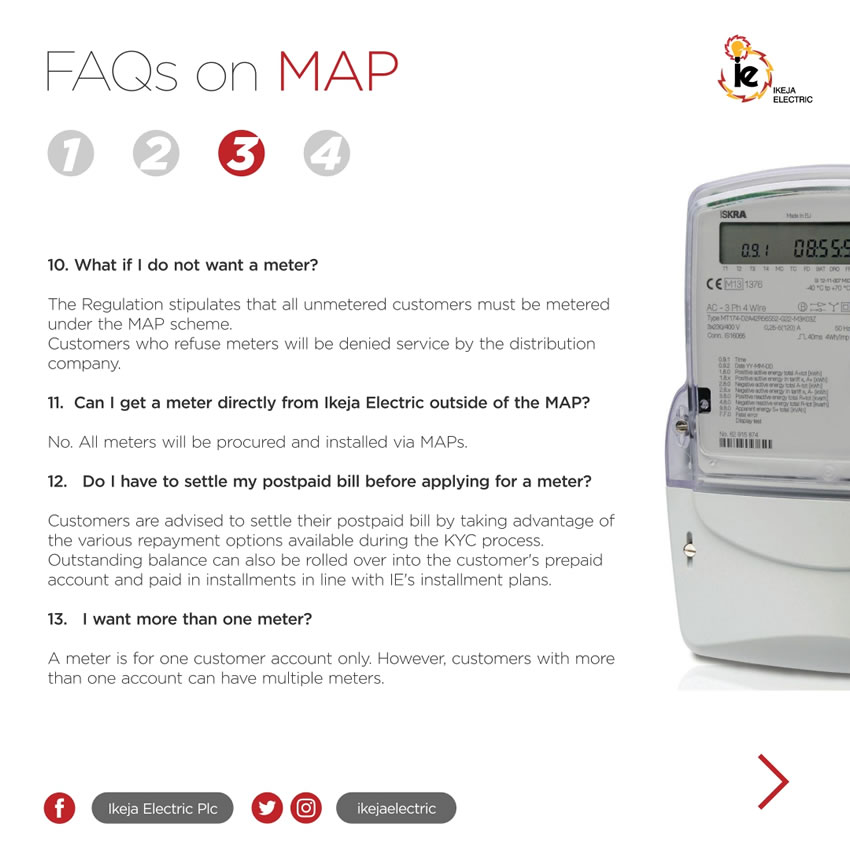
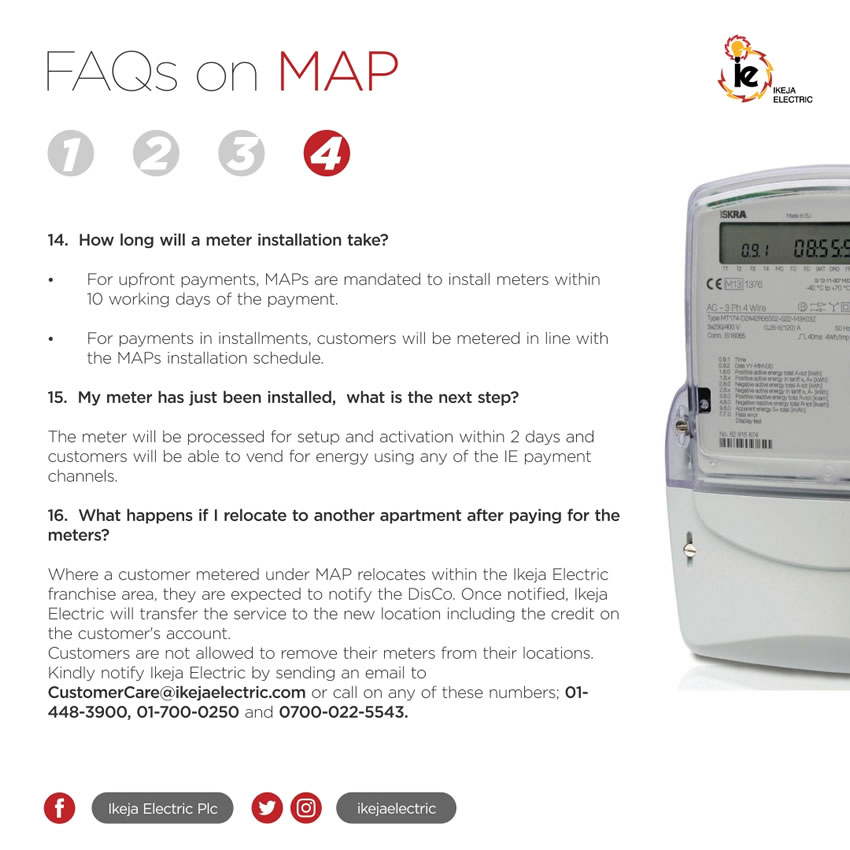
General
Makinde to Install Ladoja 44th Olubadan September 26
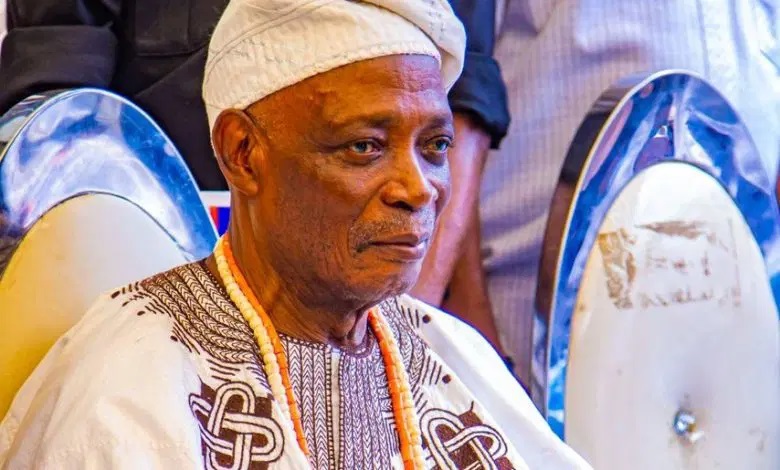
By Modupe Gbadeyanka
A former Governor of Oyo State, Mr Rashidi Ladoja, will be installed as the 44th Olubadan of Ibadanland on Friday, September 26, 2025, at Mapo Hall.
This followed the approval of the Olubadan-designate by Governor Seyi Makinde, after his nomination by the ancient town’s kingmakers.
The throne became vacant following the demise of Oba Owolabi Olakulehin on Monday, July 7, 2025, at the age of 90.
The former occupier of the seat passed on less than a week to the one-year anniversary to the ascension of the Olubadan throne.
According to reports, Mr Ladoja held talks with the kingmakers at his residence in Ibadan on Tuesday and today, he was with some officials of the state government and other members of the Olubadan-In-Council.
General
Anambra Condemns Attack on NYSC Member, Assures of Justice

By Adedapo Adesanya
The Anambra State Government has condemned the attack on a member of the National Youth Service Corps (NYSC) who was assaulted and harassed by members of Operation Udo Ga-Achi in Obá, Idemili South Local Government Area of Anambra State, promising to carry out justice.
The state government said it was appalled by the disturbing video being circulated online and strongly condemned this act of violence and harassment.
According to the state’s Commissioner for Information, Mr Law Mefor, the government maintains that the Anambra security outfits, Agunechemba and Operation Udo Ga-Achi, were a child of necessity established by the Anambra Homeland Security Law 2025 to maintain law and order.
He said the government was swift in arresting and questioning the offenders long before the rather unfortunate video was released.
Mr Mefor added that the offenders have been suspended from operations pending investigation and disciplinary action.
“We have collaborated with the Police to ensure a thorough investigation and complete dispensation of justice. The victim’s medical needs have been attended to, and we have committed to providing all other necessary support,” he stated, adding that the outfit was not meant to perpetrate violence and intimidation, and equally noted that the two security outfits have commendably maintained law and order in the state since their introduction on January 18, 2025.
“Therefore, any form of assault perpetrated by any member of the security outfits is outside their code of conduct, and all those involved, particularly in the incident under reference, will face the full weight of the law.
“The government wishes to reassure members of the public, particularly Youth Corps members in Anambra for their national service, that they have nothing to fear from the State’s security outfits – Agunechemba and Operation Udo Ga-Achi – and should go about their lawful activities without fear.
“The government wishes to appreciate the steps taken by the police and Operation Udo Ga-Achi so far by arresting those involved in the assault and urges the victims to cooperate with the police and the leadership of Operation Udo Ga-Achi to ensure speedy dispensation of justice on the matter.”
The Commissioner noted that the state remains one of the country’s most hospitable and secure states, as he promised that the government would take all necessary actions to prevent such incidents in the future.
General
Moniepoint’s Documentary on Nigeria’s Food Industry Supply Chain Excites FG, Others
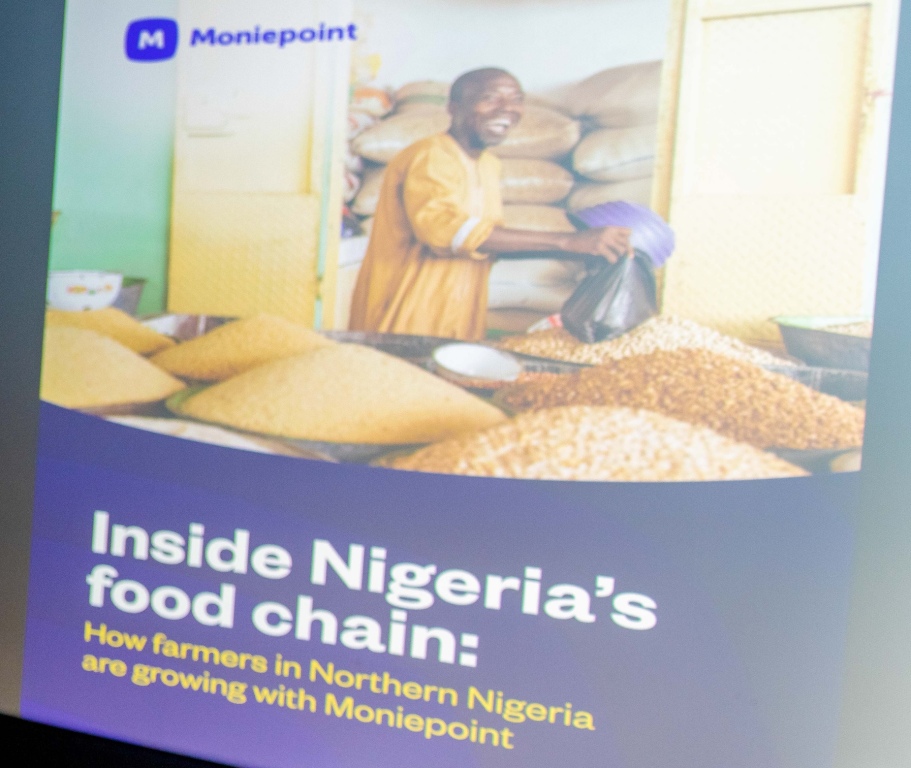
By Modupe Gbadeyanka
Prominent financial technology (fintech) company, Moniepoint Incorporated, has been given a pat on the back for its 12-minute documentary exploring Nigeria’s food industry supply chain.
The piece focused on the Northeast region, particularly Borno State, highlighting how cultivation and distribution processes connect local farmers to the broader national market.
A key finding from the case study showed that the informal, trust-based networks that power Nigeria’s food chain are not a weakness to be formalized, but a strategic asset to be strengthened. These networks, built on generational knowledge and social capital, have proven more durable and adaptable in crisis than formal institutions.
At the private screening of the documentary titled Inside Nigeria’s Food Chain in Abuja recenrly, the Special Adviser to the President on Economic Affairs in the Office of the Vice President, Mr Tope Fasua, who was among the few guests at the event, said Moniepoint has done well to showcase the resilience of the region’s agricultural value chain and empowering smallholder farmers through innovative digital payment solutions.
The economist said he was impressed that the work captured how digital financial services are driving economic inclusion among rural communities traditionally not associated with technology adoption, even amid ongoing security challenges and cost-of-living pressures across the country.
“I am happy and thrilled at the many things that this documentary and case study captures. It’s an eye opener for people to be able to see all of the operations going on. I have first-hand experience at how Moniepoint is changing the market dynamics for good.
“It was heartwarming to see the economic and financial inclusion x-rayed in the video with a lot of digitization going on at the level with people who you’d not associate with technology adoption,” Mr Fasua stated.
Furthermore he noted that in spite of the challenges with insecurity in the country, “We can see the resilience that our people have demonstrated in churning out grains, livestock and agric produces.
“This work has also shown that our people are embracing modern and subsistence level farming. On the financial inclusion front, it is delightful to watch the confidence that the people have in digital payments and Moniepoint has done a fantastic job in deepening adoption across the country.”
Speaking to the rationale behind the screening and case study and responding to questions from guests, the Vice President for Corporate Affairs at Moniepoint, Ms Edidiong Uwemakpan, noted the project is about real people and real impact.
“In view of the amounts that we process monthly as a business, we sought to peel back the layers on the naira and kobo and uncover the stories behind the transactions and what they mean for Nigeria.
“Moniepoint as a Nigerian company has been able to achieve such impact by adopting hyperlocal support to build trust with its users tailoring our services to fit the existing lifestyle and trading habits of Nigerians,” Ms Uwemakpan said.
She noted that Borno State had often been defined by negative narratives overshadowing its strengths. Therefore, the documentary does not only focus on showcasing Moniepoint’s role in supporting food distribution but also reveal the state’s agricultural diversity, which contributes significantly to feeding millions of Nigerians.
Aligning with these thoughts, a communications expert, Mr Tolu Ogunlesi, expressed his excitement and commended Moniepoint for telling this story – not just because of what it says about food but what it says about our resilience and the country as a whole.
“Watching the documentary, a lot of the towns mentioned became famous not for food but as Boko Haram affected regions. This project allows us to truly appreciate these areas for what they really contribute to the country’s socio-economic development and what they should actually be famous for. This is a part of Nigeria that has been traumatized by insecurity but they have demonstrated remarkable resilience such that when people sit in their homes and they are eating, they are reminded that some of these products come from the North East,” he said.
-

 Feature/OPED6 years ago
Feature/OPED6 years agoDavos was Different this year
-
Travel/Tourism9 years ago
Lagos Seals Western Lodge Hotel In Ikorodu
-

 Showbiz3 years ago
Showbiz3 years agoEstranged Lover Releases Videos of Empress Njamah Bathing
-

 Banking7 years ago
Banking7 years agoSort Codes of GTBank Branches in Nigeria
-

 Economy2 years ago
Economy2 years agoSubsidy Removal: CNG at N130 Per Litre Cheaper Than Petrol—IPMAN
-

 Banking2 years ago
Banking2 years agoFirst Bank Announces Planned Downtime
-

 Sports2 years ago
Sports2 years agoHighest Paid Nigerian Footballer – How Much Do Nigerian Footballers Earn
-

 Technology5 years ago
Technology5 years agoHow To Link Your MTN, Airtel, Glo, 9mobile Lines to NIN



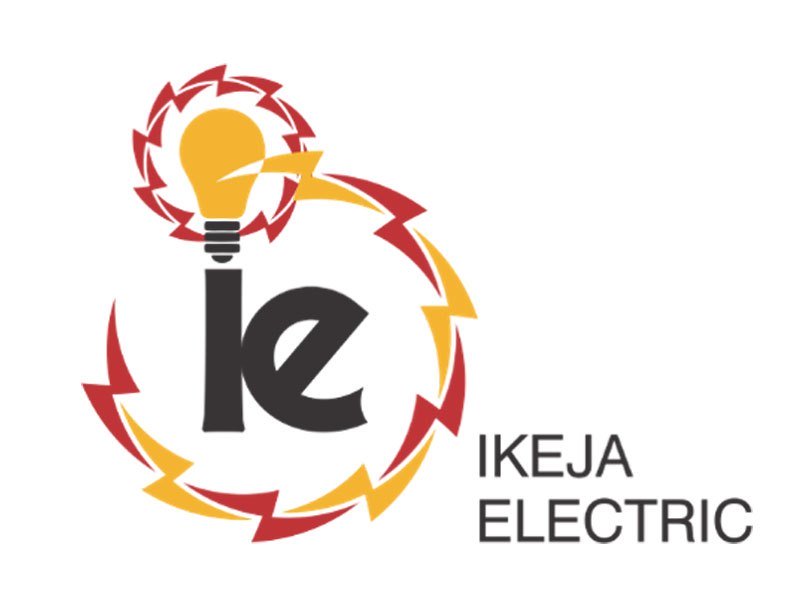




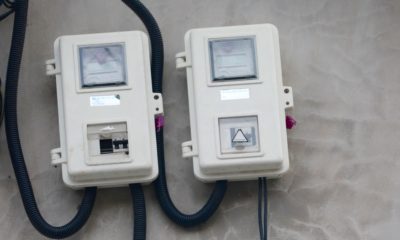

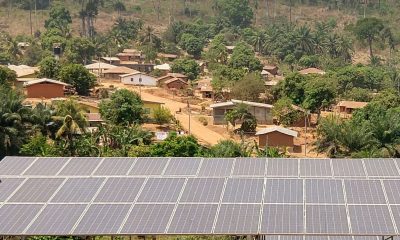












125 Comments